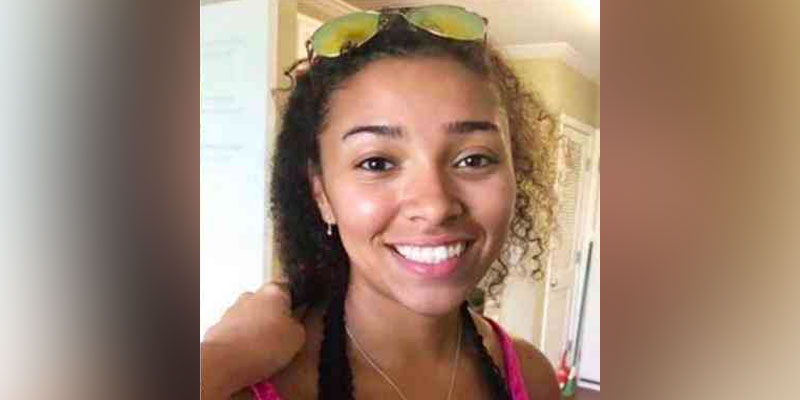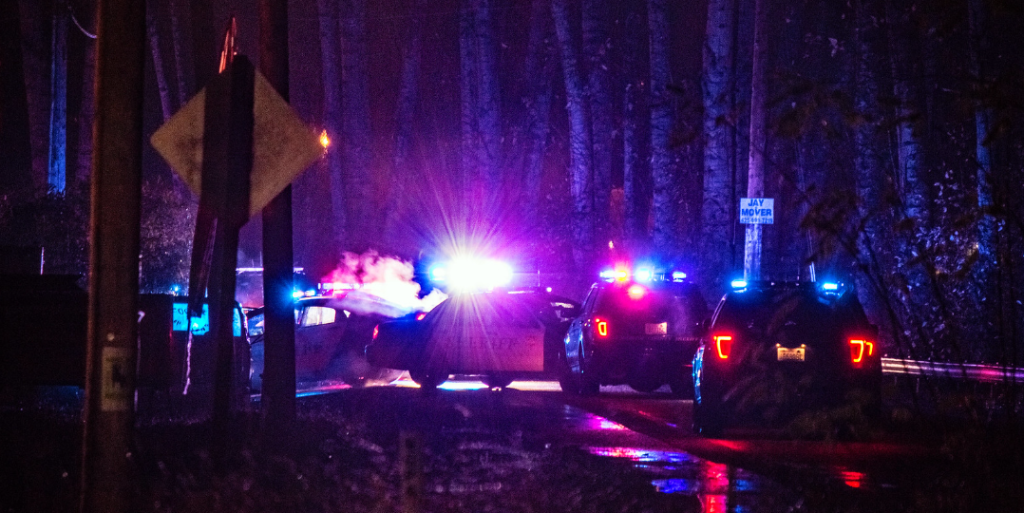Violent criminals should be incarcerated, not walking free in our communities and on our streets. Unfortunately, that is the case in our state all too often.
Under current Alabama law, judges have limited authority to deny bail to violent offenders unless the suspect is charged with a capital offense or poses a flight risk. That means that dangerous criminals are being released back onto the streets, even when its likely they will commit more violent crimes as soon as they make bail.
Leaving the safety of Alabamians in the hands of chance is unacceptable and has directly led to tragic events. Just last month, Bibb County Sheriff’s Deputy Brad Johnson was brutally killed by an accused murderer who should have never been out on the streets. He should have been behind bars, and Deputy Johnson should still be with his family today.
Throughout the killer’s criminal background, he has been charged with nearly 50 different crimes. Someone with that kind of violent record should be incarcerated, not free and clear to commit additional crimes across our state or to take the lives of those who have sworn to protect us.
Thanks to Aniah’s Law, which was passed by the Alabama Legislature and signed by Governor Kay Ivey in 2021, Alabama voters have a chance this November to ensure judges have a means to keep dangerous criminals off the streets and prevent similar tragedies in the future.
This law was named in memory of 19-year-old Southern Union Community College student Aniah Blanchard, who was kidnapped and murdered in 2019. Her accused murderer was out on bail awaiting trial for charges of kidnapping, attempted murder, and robbery. A judge was using a constitution written 120 years ago to address present day threats, and as a result, that suspect was released on bail and went on to take an innocent young woman’s life.
When the majority of Alabamians vote for Aniah’s Law, our judges will be able to deny bail to dangerous offenders who are likely to reoffend when they are charged with serious felonies like murder, kidnapping, rape, sexual torture, domestic violence, human trafficking, burglary, arson, robbery, terrorism or aggravated child abuse. This change can keep criminals like the killers of Aniah Blanchard and Deputy Brad Johnson off the streets and out of our communities.
As mayors of Alabama’s 10 largest cities, our utmost goal is to keep our communities and the people we represent safe. Your support on November 8 is critical to helping us accomplish that goal. Look for “Aniah’s Law” on the ballot as a constitutional amendment in the upcoming general election. The language of the amendment will include the name “Aniah’s Law.”
Elected officials and law enforcement officers across the state have worked diligently to get us this far, and now the next step toward keeping violent criminals off our streets falls to you. When you cast your ballot on November 8, remember that lives hang in the balance, and vote “yes.”
Representing the largest cities in Alabama, the Alabama Big 10 Mayors include Auburn Mayor Ron Anders, Birmingham Mayor Randall Woodfin, Decatur Mayor Tab Bowling, Dothan Mayor Mark Saliba, Hoover Mayor Frank Brocato, Huntsville Mayor Tommy Battle, Madison Mayor Paul Finley, Mobile Mayor Sandy Stimpson, Montgomery Mayor Steven Reed and Tuscaloosa Mayor Walt Maddox.













